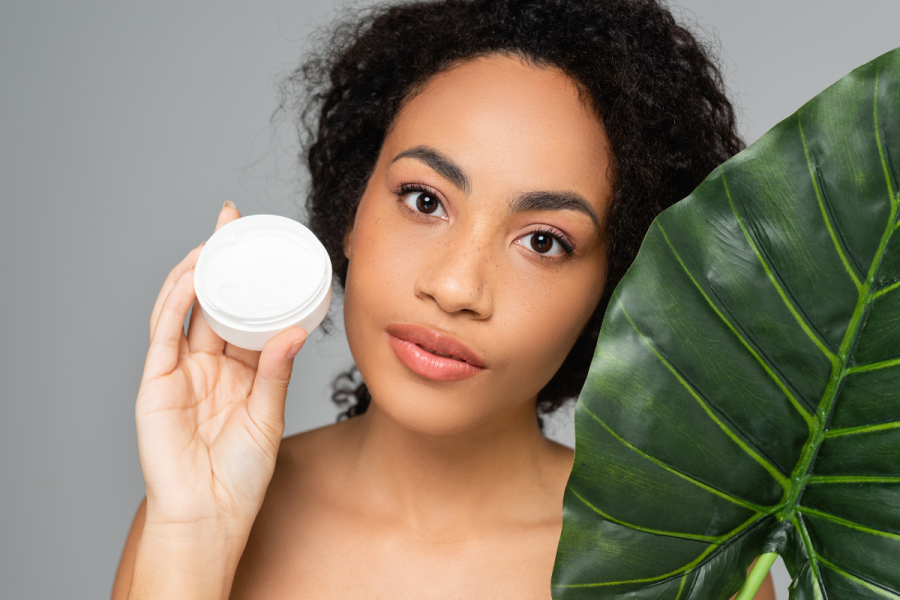Greenlighting Sustainability: Biotechnology & the Future of Sustainable Beauty
Written by Karen RaghavanSkin care is at over $100 billion in market opportunity, and there have been a few trends at the forefront of the industry’s momentum – the topic of sustainability and the notion of natural or clean, meaning better for people and the planet. Consumers have come to believe that natural ingredients don’t pollute the environment and have the added benefit of being less harmful or harsh to their skin and bodies. What is indisputable is that all industries are responsible for the impact they bear on the environment and the planet, and the beauty industry is not unique.
ENVIRONMENTAL CONCERNS
According to the latest reports from Zero Waste Week, beauty packaging amounts to 120 billion units every year. That includes plastic, paper, glass, and metals, all of which end up in landfills year after year. Aside from packaging, there aremany botanical ingredients with incredible skin benefits whose high demand by brands and manufacturers has caused a strain on the supply. One example is bakuchiol, which comes from the Psoralea corylifolia plant originating in India. A2018 study showed it to be similarly efficacious to retinol for aging concerns and therefore, a safer alternative to retinol.
Want to read more?
Subscribe to continue reading this article, plus gain access to all DERMASCOPE has to offer.

Karen Raghavan currently leads brand development, marketing, and public relations at Purissima, a leading, multi-patented health and wellness biotechnology company. She started her career in investment banking at Goldman Sachs in Hong Kong and New York before pivoting to the beauty and wellness industry. Raghavan brings decades of beauty sales, marketing, and international experience from her work in senior leadership roles at major brands, such as Biossance, Benefit Cosmetics, and Estée Lauder. Raghavan has a bachelor’s from Dartmouth College and master’s from Stanford University in East Asian Studies as a recipient of its Center for East Asian Studies (CEAS) Fellowship.
